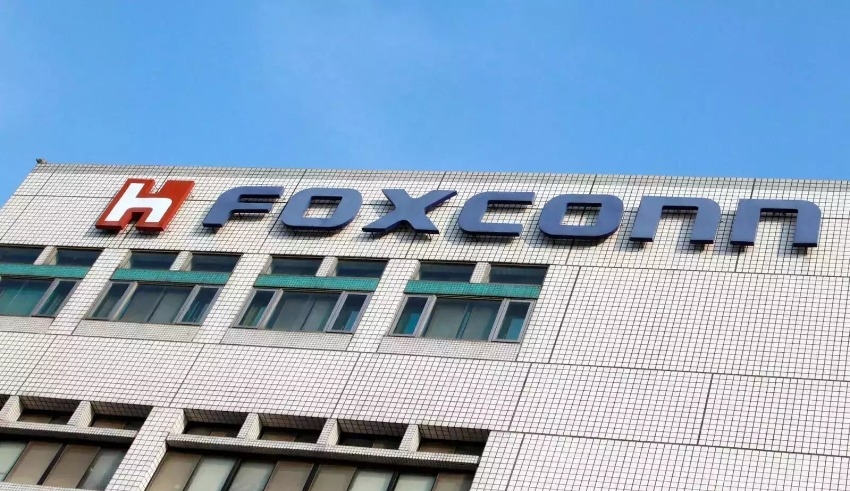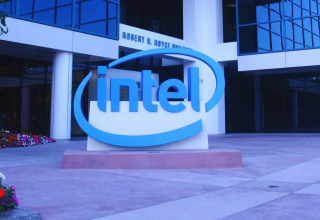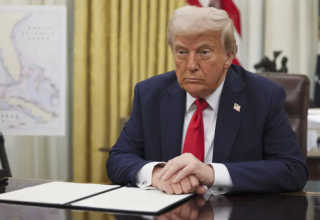
![]() TAIWAN: According to a government official, Foxconn, the world’s largest contract electronics manufacturer, would need permission from the Taiwanese government to invest in troubled Chinese semiconductor firm Tsinghua Unigroup (Jul 14).
TAIWAN: According to a government official, Foxconn, the world’s largest contract electronics manufacturer, would need permission from the Taiwanese government to invest in troubled Chinese semiconductor firm Tsinghua Unigroup (Jul 14).
According to reports in Taiwan’s media, Foxconn Industrial Internet, a China-listed affiliate of Foxconn, aims to invest 9.8 billion yuan ($1.46 billion) in Unigroup as part of Foxconn’s strategy to expand into the chip-making industry.
Concern in Taipei that Beijing is ratcheting up its economic espionage has prompted Taiwan’s government to seek new regulations to prevent what it claims is China stealing its chip technology, which is a growing concern in Taipei.
As a precaution against technology outsourcing, Taiwan prevents corporations from constructing their most modern foundries in China.
“We reminded [Foxconn] that the case needs to be assessed before doing anything,” said Rio Lu, deputy executive secretary of Taiwan’s Investment Commission, speaking to Reuters on Wednesday.
By breaking the laws, Foxconn might face a fine of $25 million (US$837,577), Lu added, and her department has already reported this proposal to the Taiwanese economy minister.
Related Posts
According to a statement from Foxconn, a major supplier of Apple’s iPhones, the company will proceed “in line with the regulations” in the investigation. It didn’t go into any depth.
As of now, Foxconn has not disclosed any plans to invest in the Chinese company in any official capacity.
When China’s sluggish semiconductor sector was in need of a domestic champion, Tsinghua Unigroup developed as a Tsinghua University offshoot.
Under former chairman Zhao Weiguo, the company became indebted, causing it to default on many bond payments in the fall of 2020 and finally to be declared bankrupt.
No global semiconductor leaders have emerged from the conglomerate.
Unable to reach a Unigroup spokesman for comment.
During Foxconn’s push into the electric car sector, the electronics manufacturing giant is eager to produce automobile chip components. In light of a worldwide chip scarcity, the business has been looking to acquire chip facilities around the world.





























